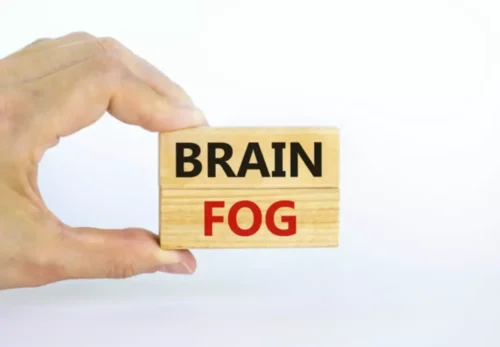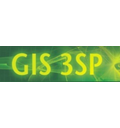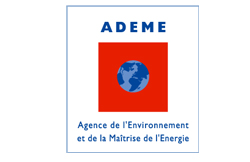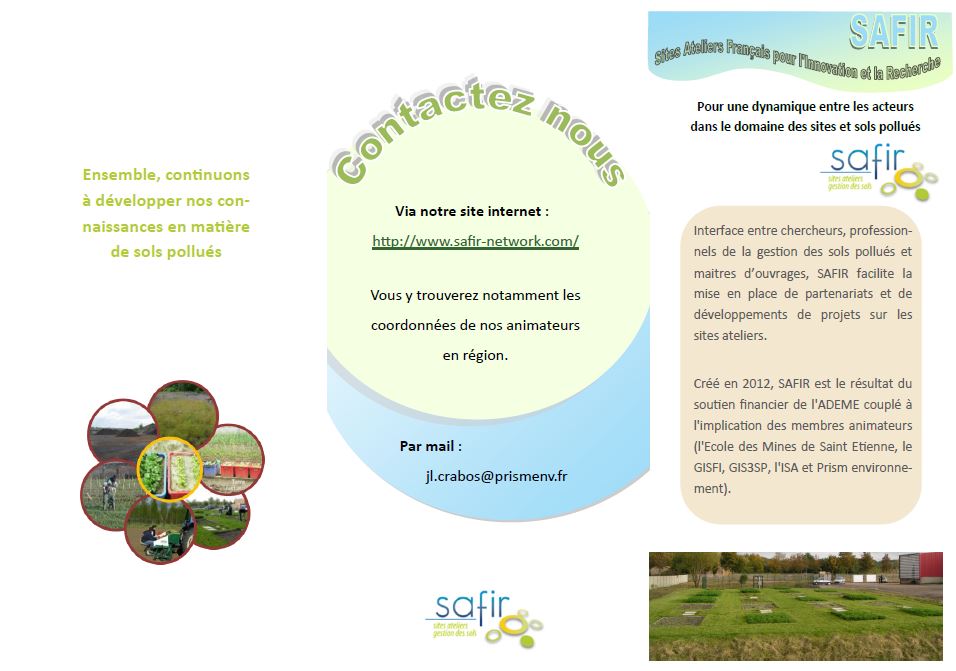How to Control Sugar Cravings When You Quit Alcohol During Dry January

Even in cases where they don’t, eating disorders by themselves can significantly inhibit rehabilitation. In this specific exploration’s context, an eating disorder can exacerbate sugar cravings beyond alcohol abstinence itself, discomforting the individual immensely. Excessive sugar consumption can contribute to weight gain and obesity. Consuming sugary foods and beverages can lead to an increase in calorie intake without providing significant nutritional value. Over time, consistently consuming more calories than the body needs can contribute to weight gain. It is crucial to maintain a healthy weight to support overall well-being and reduce the risk of related health conditions.
Why do people crave sugar when cutting alcohol?
- Professional help goes beyond prescribing a diet plan—it also equips you with coping mechanisms and invaluable support during this transitional stage.
- Developing healthier coping strategies and seeking support from professionals can help individuals navigate these challenges and maintain their recovery journey.
- Recovering alcoholics often find themselves craving sugar due to the way alcohol affects the brain’s reward system, similar to the effects of sugar consumption.
- Specifically, booze increases your blood glucose levels, which triggers the release of dopamine—a hormone that is part of the body’s reward system—in the brain’s ventral striatum, or reward center.
Depending on your drink of choice, alcohol can be rife with simple sugars and rapidly absorbed carbohydrates, boosts your blood sugar levels swiftly. Over time, your body gets accustomed to these skyrocketing sugar levels. So, when you pull out the alcohol card from the game, your body stages a sugar protest, making you crave that sweet, sweet rush. Recognizing the signs of alcohol cravings is a crucial part of managing them.

Blood Sugar Dysregulation
Seeking support from healthcare professionals, counselors, or support groups can provide valuable guidance and assistance in managing sugar cravings. These resources can help individuals navigate the challenges of recovery and develop strategies to overcome https://ecosoberhouse.com/article/what-reasons-for-you-to-stay-sober/ cravings. Additionally, addressing any emotional or psychological factors that contribute to sugar cravings through therapy or counseling can be beneficial. Understanding these factors can help individuals in recovery better manage their sugar cravings.
FAQ About Alcohol Cravings
It’s important to work with healthcare professionals and nutritionists to develop personalized plans that address individual needs and promote long-term well-being. At some point and time, everyone craves a bit of sugar here and there. Whether why do alcoholics crave sugar you’re a huge body builder or on a strict vegan diet, sugary foods are all around and easy to tempt the mind. But, it seems that individuals recovering from alcohol abuse tend to crave sweets just a bit more than the average person.
Health Categories to Explore
- This reward response can create a powerful craving for both substances.
- AUD is influenced by a combination of genetic, environmental, and psychological factors.
- Alcohol cravings are common, especially when you first try to change your drinking habits.
- This can lead to medical complications, increasing the risk of type 2 diabetes and other cardiovascular diseases.
- In other words, what works for a friend won’t always work for you.
- Additionally, it has one of the lowest ABVs, which means it contributes fewer calories from alcohol.









